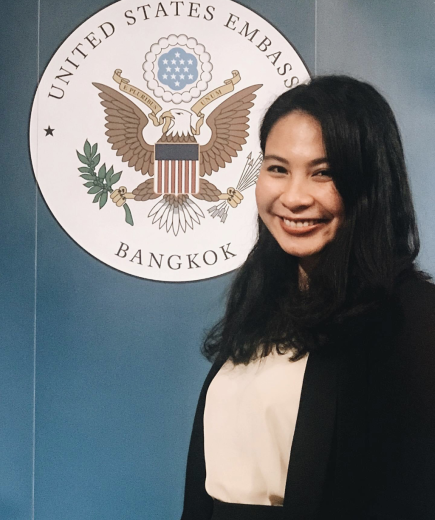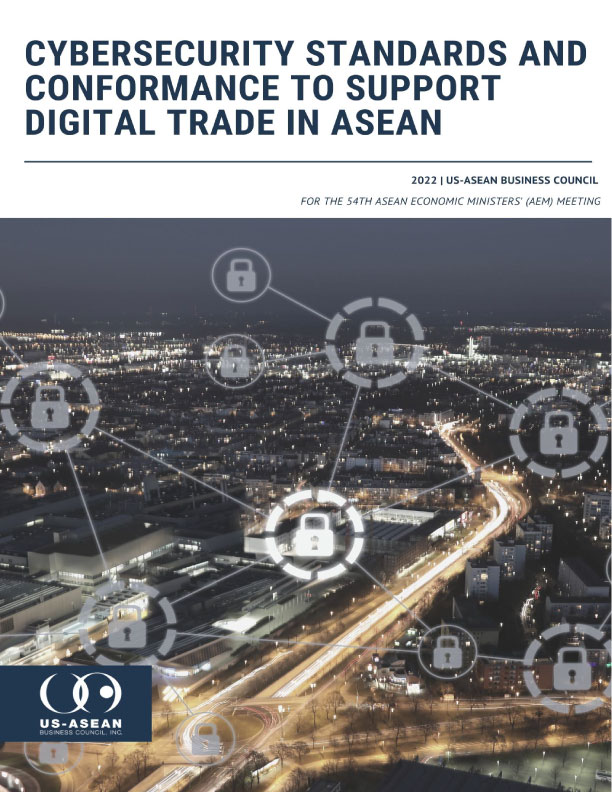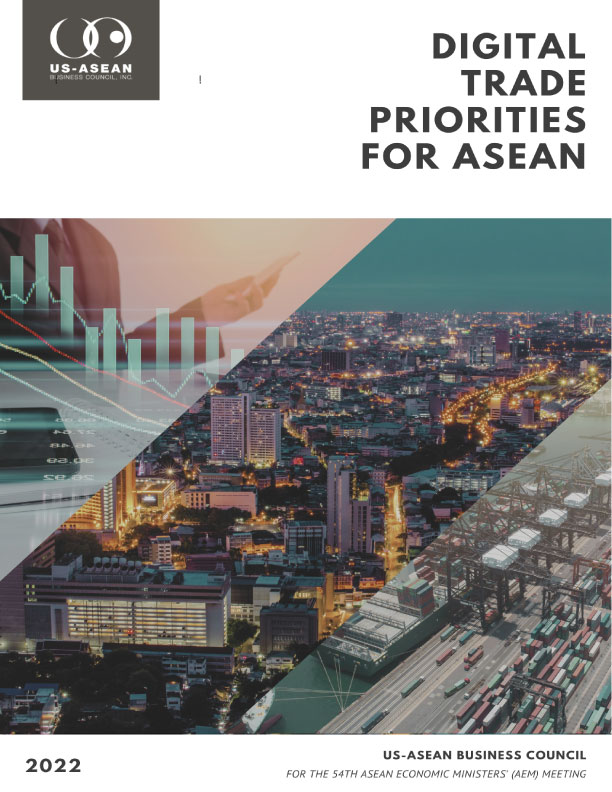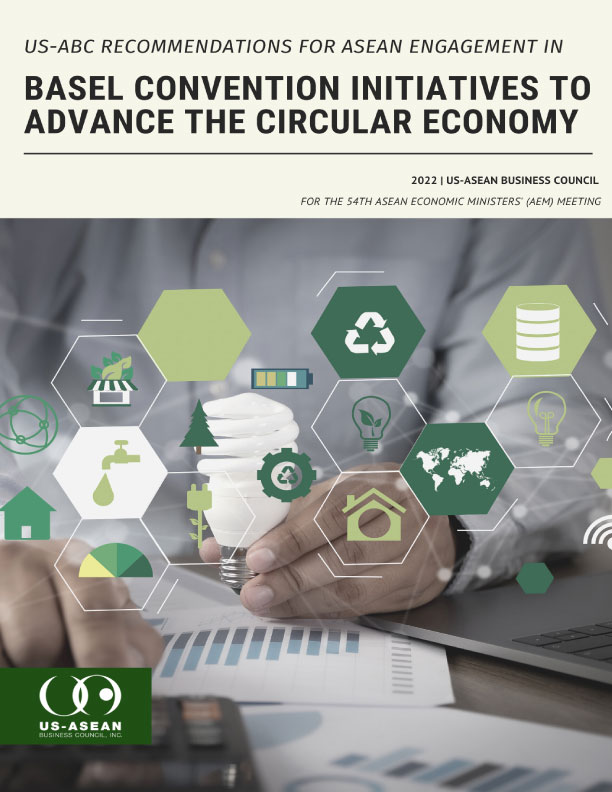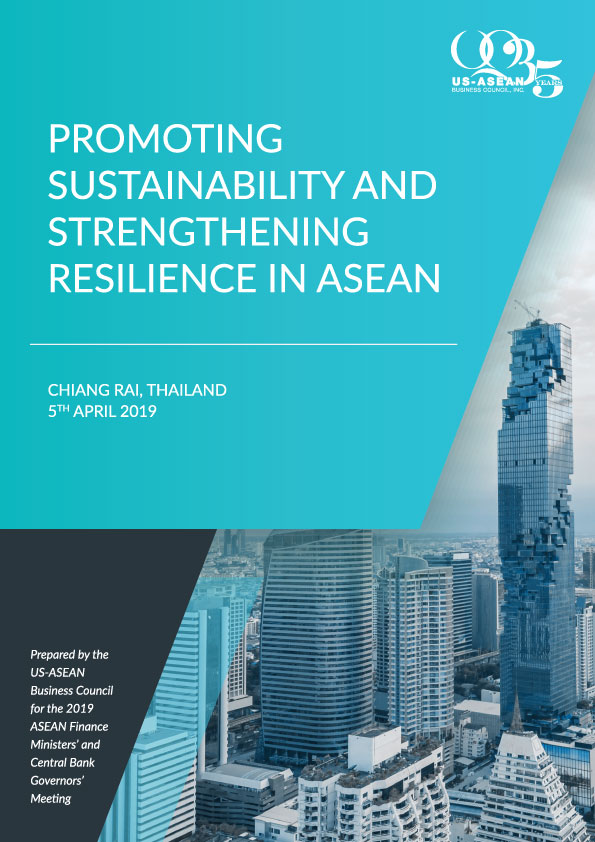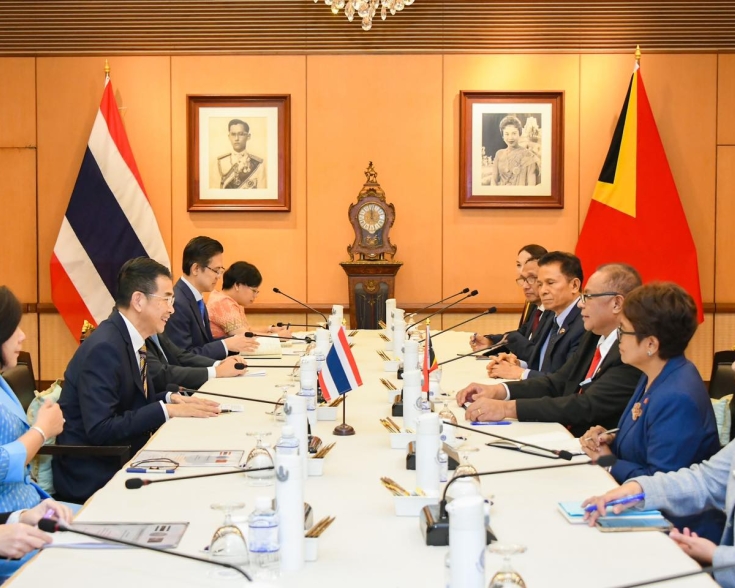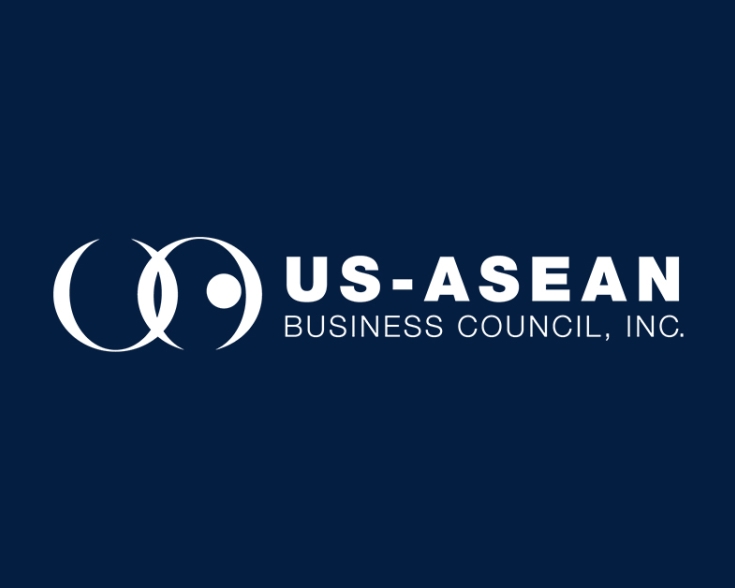Thailand Prepares Strategic Response to U.S. Reciprocal Tariffs

Amidst the United States’ “America First” policy under President Trump, a universal 10% tariff on imports was imposed earlier this month on all countries, with some facing even higher additional tariff rates. Thailand is among the many ASEAN countries facing higher rates, having initially been subjected to the 36% tariff on Thai exports to the United States, announced on April 2. However, as of April 9, President Trump has dropped new tariff rates on imports from most U.S. trade partners to the universal 10% rate, allotting for a 90-day timeframe for trade negotiations with those countries.
Thai Deputy Prime Minister and Finance Minister Pichai Chunhavajira, along with Thai Commerce Minister Pichai Naripthaphan, are expected to meet with U.S. government representatives on Monday, April 21, in Washington, D.C. The goal of this meeting is to rebalance trade between the two countries, including efforts to narrow Thailand’s $45 billion trade surplus with the United States. Ahead of his trip, the finance minister is also expected to meet with the Thai Central Bank Governor to assess the impact of the U.S. trade policy, global economic trends, and strategies to attract investors back to the Thai market.
Strategic Plan to Address U.S. Tariffs
Deputy Prime Minister Pichai has identified key sectors from which Thailand could increase imports from the United States, such as agricultural products, automobiles, electronics, and liquified natural gas (LNG). The Government’s Committee, responsible for monitoring the U.S. reciprocal tariff situation - which includes the Federation of Thai Industries (FTI), the Board of Trade of Thailand, and top executives from the private sector and importers of agricultural and industrial products - has outlined five core strategies to address the U.S. tariff issues, including:
Mutual Trade and Economic Partnership: Thailand is committed to maintaining its trade and economic partnership with the U.S. in industries that mutually benefit both nations, particularly in agriculture, food, and technology.
Opening New Markets: Thailand is willing to open new markets and lower import duties for more U.S. products, such as maize.
Reducing Trade Surplus: To help reduce its trade surplus with the U.S., Thailand will increase imports of key products such as natural gas, petrochemicals, commercial aircraft, cheese, walnuts, cherries, and apples.
Product Inspection System: Thailand will enhance its inspection system to ensure that products shipped to the U.S. from Thailand are not used to circumvent tariffs by transshipping goods from other countries.
Support for Thai Investors: Thailand intends to support Thai investors in expanding their investments in U.S. processing industries, utilizing local supplies and exporting the products produced to other countries.
Government spokesman Jirayu Houngsub confirmed that the finance minister will first visit Seattle on April 17 to meet with business leaders in the agriculture, industrial, and investment sectors. On April 20, the commerce minister will join him in Washington, D.C. for the trade negotiations with the Trump Administration. These discussions are part of the broader efforts by the White House to engage with various countries facing tariff increases.
In addition, Deputy Prime Minister Pichai and senior Thai government officials will attend the 2025 World Bank Spring Meetings in Washington, D.C., and are scheduled to meet with the US-ASEAN Business Council on the sidelines of the event. The meeting will focus on discussions with the U.S. private sector regarding the implications of the current pause on targeted tariffs, along with Thailand's current investment landscape and economic priorities.
Economic Implications and Growth Forecasts
With the growing uncertainty of tariffs, Thailand is bracing for potential impacts on its rice export sector given that farmers comprise a significant portion of the population. Thailand is now looking at revising its approach on bringing down the production costs of Thai rice to improve its competitiveness of the product in the global market. Moving forward, Thai manufacturers are planning to hold a critical meeting held by the Federation of Thai Industries (FTI) to discuss proposals for expected increased purchases of American products to counter trade imbalance.
With uncertainties surrounding tariffs and broader trade tensions, Thailand’s projected economic growth remains modest. The Bank of Thailand (BoT) recently revised its growth forecast to just over 2.5% for 2025, falling short of earlier projections. This downgrade is driven by weaker global demand, a slower-than-expected recovery in tourism, and growing concerns over rising household debt. These challenges, coupled with ongoing global economic uncertainty, are expected to weigh on domestic consumption and investment. As such, Thai policymakers are not only focused on trade negotiation but are also under increasing pressure to implement strategies that stimulate economic growth and safeguard vulnerable sectors.
Pipat Luengnaruemitchai, Chief Economist at Kiatnakin Phatra Financial Group (KKP), warned that if the U.S. upholds the 36% reciprocal tariff now at the universal 10% for the next 90 days until negotiation talks are completed—on Thai goods, Thailand’s GDP growth could drop by 1.1 percentage points, bringing it down to 1.2%. The Asian Development Bank (ADB) has revised its forecast for Thailand’s GDP growth and has emphasized that Thailand’s economy will maintain its growth momentum, with tourism being Thailand’s primary driver of economic growth.
ASEAN is currently working toward a joint statement in response to President Trump’s evolving trade policies, aiming to present a unified regional stance. In the meantime, Thailand has begun preparing additional economic stimulus measures focused on job creation, along with developing a strategic trade response. The Thai government’s proactive stance has helped lift investor sentiment, with the SET Index rising by approximately 4.5% on Thursday morning following the U.S. announcement of the tariff pause.
The Council is continuously monitoring this issue and Thailand’s response.

